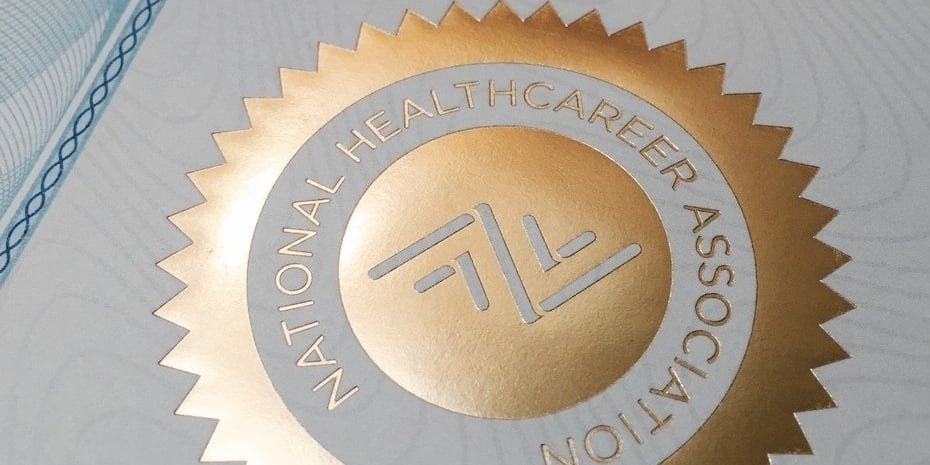As an allied health professional, your days are spent investing your expertise, energy, and compassion in the lives of the patients you serve through your clinical or administrative skills. Each interaction and task throughout your day is an opportunity to ensure that the patients you care for feel the commitment you have to your chosen career and to their experience.
Healthy frontline workers are one of the key components to healthy communities. In fact, healthcare workers investing in their own wellbeing is one of the greatest contributions they can make to public health.
Whether you’re just entering the work force or you’re hunting for a new job, standing out at each stage of the journey is key for increasing your chances of success. So, how do you set yourself apart among a stack of resumes? Show that your training and experience is backed by the most important essential soft skills for the role.
Patient Care Technicians/Assistants (CPCT/A) are critical in helping provide the day-to-day care that some patients require. This job requires a broad range of knowledge and skills, and is a vital role in caring for patients — especially those with chronic conditions.
When starting your allied health job search, it can be challenging to know where to begin. The good news is that there are a lot of resources available; the downside is that it can be overwhelming to comb through it all.
Putting in the time, effort and resources to earn an NHA certification can say something about your character and your capabilities. But how do you let people (especially hiring managers) know about your hard work and meaningful achievement?
We put together some tips to help you talk about your certification — both on your resume and in an interview — to empower you to make the most of your NHA certification.



.png)



